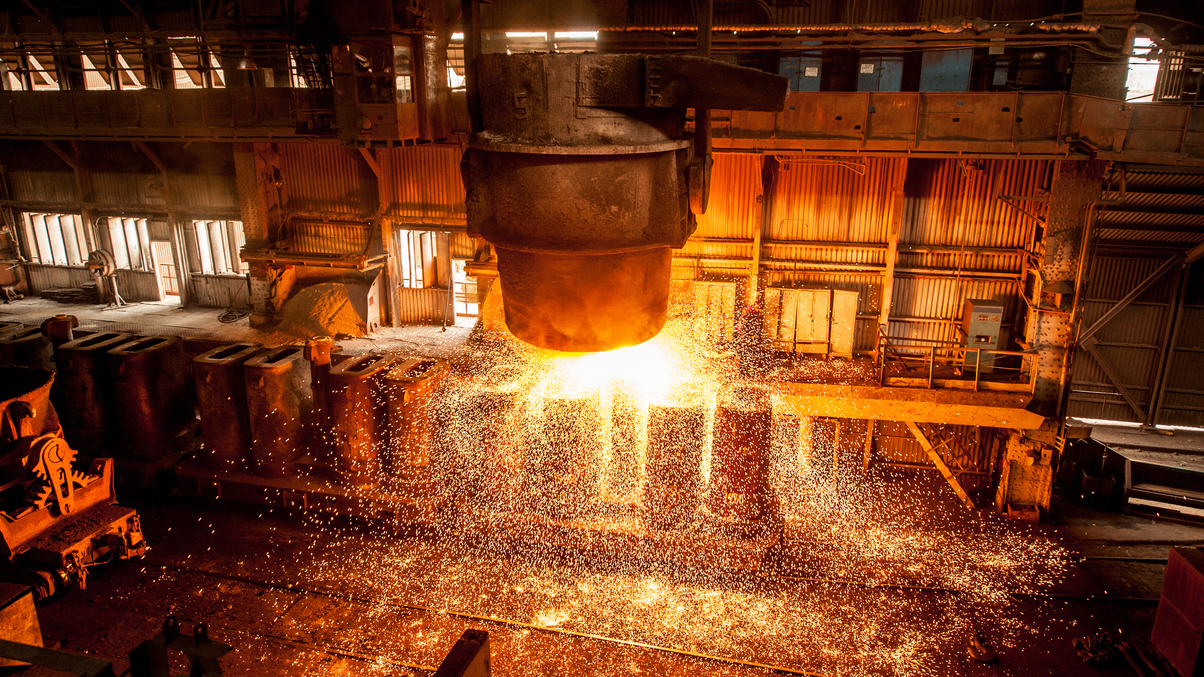Gunung Capital sets its sights on ESG assets with $500 million war chest
The family office aims to tap its heavy industry experience to help others make the green transition and deploy its capital in clean energy and climate tech projects.

When it comes to decarbonisation, investment firm Gunung Capital believes firmly it should begin at home.
Sign in to read on!
Registered users get 2 free articles in 30 days.
Subscribers have full unlimited access to AsianInvestor
Not signed up? New users get 2 free articles per month, plus a 7-day unlimited free trial.
¬ Haymarket Media Limited. All rights reserved.


